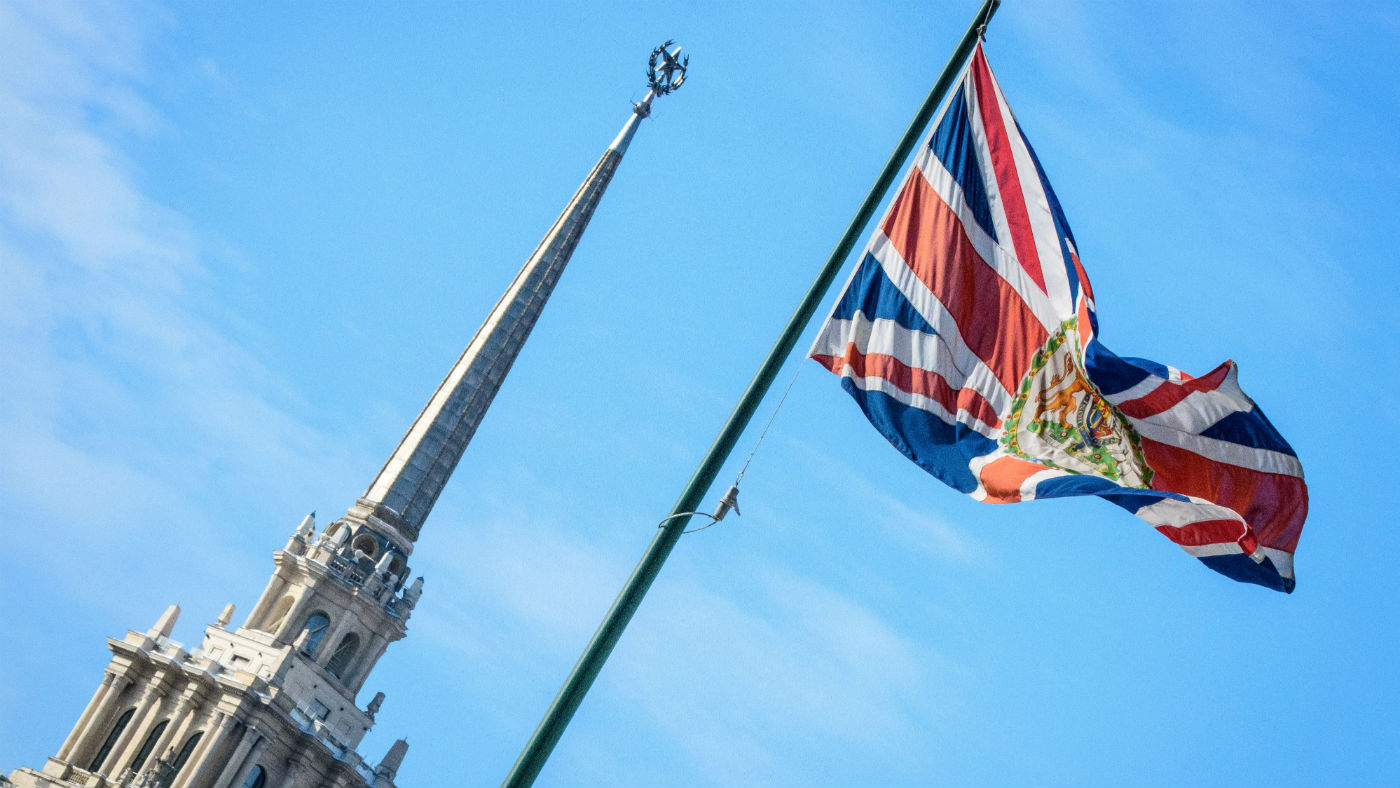What is diplomatic immunity?
International law means top officials could literally get away with murder

A free daily email with the biggest news stories of the day – and the best features from TheWeek.com
You are now subscribed
Your newsletter sign-up was successful
Former tennis champion Boris Becker has claimed that his creditors cannot pursue him in court because he is entitled to diplomatic immunity as an attache for the Central African Republic.
“The German tennis legend was named as a sport and culture attache to the European Union by the government of the conflict-torn African nation in April,” CNN reports.
Becker, who was declared bankrupt last year, says the position is equivalent to a role as a military or trade attache, “which everyone recognises as attracting diplomatic immunity”.
The Week
Escape your echo chamber. Get the facts behind the news, plus analysis from multiple perspectives.

Sign up for The Week's Free Newsletters
From our morning news briefing to a weekly Good News Newsletter, get the best of The Week delivered directly to your inbox.
From our morning news briefing to a weekly Good News Newsletter, get the best of The Week delivered directly to your inbox.
So who does diplomatic immunity protect - and does it give diplomats carte blanche to commit any crime?
What is diplomatic immunity?
Enshrined by the 1961 Vienna Convention on Diplomatic Relations, diplomatic immunity means that diplomats serving abroad cannot be arrested or prosecuted in either civil or criminal courts in their host country.
It is one of a host of protections contained in the international treaty, which also bars host governments from entering foreign embassies or reading their documents without permission.
A free daily email with the biggest news stories of the day – and the best features from TheWeek.com
The reasoning behind diplomatic immunity is that it prevents governments from persecuting foreign diplomats for political reasons, or prosecuting them for actions that would not be considered crimes in their home country.
However, the principle remains controversial, not least because it gives the impression that consular officials are allowed to operate above the law, free to abuse their power without check.
Headline-grabbing stories in recent years tell of diplomats getting away with everything from human trafficking to racking up tens of millions of pounds in unpaid parking tickets.
Some diplomats have also been accused of using their immunity to flaunt labour laws and exploit their domestic workers, many of whom depend on their employer for their visa, The Atlantic reports.
Who does it protect?
Practiced by all but a handful of nations, diplomatic immunity applies to consular staff posted abroad and the family members who accompany them on their posting.
The level of immunity is “dependent on rank”, says the Crown Prosecution Service. Only top officials such as ambassadors are entitled to full diplomatic immunity, while more junior consular staff may only be covered while performing official duties.
So can diplomats literally get away with murder?
For more serious crimes, the host government may enact Article 9 of the 1961 treaty, which allows host nations to declare a foreign diplomat “persona non grata” - Latin for “unwelcome person”.
Once this status is applied to a diplomat, their home nation must recall them as soon as possible.
If this is not done, or if the crime is particularly serious, the host nation can ask the diplomat’s government to waive their immunity. In 2016, Canada agreed to strip a London-based attache of his immunity so that he could be prosecuted for possessing child pornography.
However, such measures are rarely necessary, as the majority of diplomats behave themselves.
Latest figures show that in 2016, the Foreign Office recorded 12 allegations of “serious and significant” crimes against individuals protected by diplomatic immunity, out of more than 22,000 protected officials stationed in the UK. Eight of the crimes recorded were driving offences.